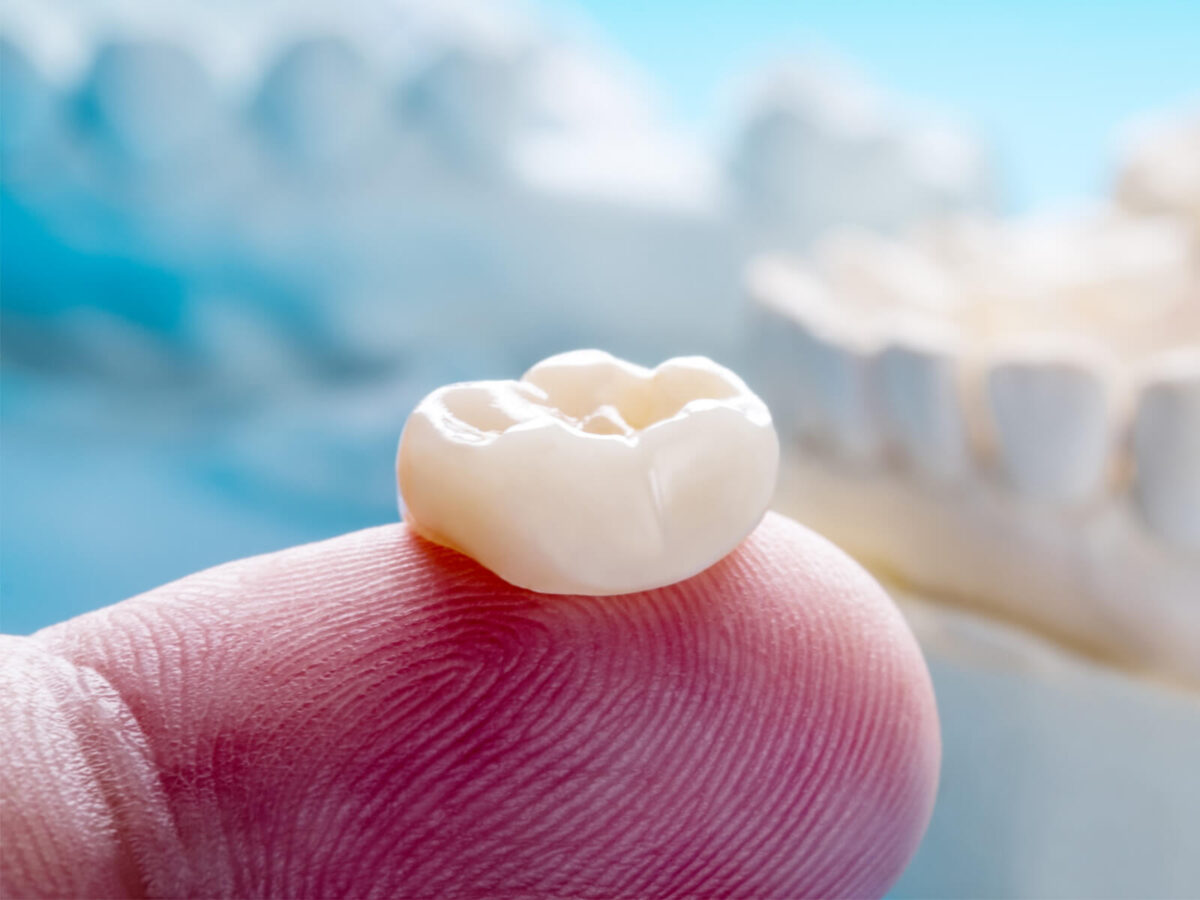Blog
Dental hygiene tips for healthy teeth & gums

How To Take Care of Your Teeth After A Crown
If you have experienced a dental crown placement on your recent dental visit to the dental clinic, it is important to learn how you should take care of it. Although a crown is expected to serve a person or more years without the need for replacement, you may consider taking some measures that would ensure that the dental crown serves its useful purpose for the expected time. This article will guide you on how to best look after the newly placed dental crown to ensure that it lasts as long as possible with expert tips from Winnie Dental Office TX.
What is a dental crown?
Dental crowns are a kind of dental prosthesis that covers the whole or part of the tooth’s clinical crown. The natural tooth is usually greatly damaged and is built up to form an anchor post on which the dental crown is permanently cemented.
Sometimes, it is for short periods, for instance, in a minor restorative procedure where the patient needs a crown for an event or before a permanent crown can be fitted.
Here are tips that will help you on what to do after getting dental crowns to ensure they last for a long:
Maintain Good Oral Hygiene
Dental crowns require proper dental care to last long and to avoid issues that may result in other dental problems. Follow these steps:
- Brush Twice Daily: For ease of handling and to avoid damaging the crown and your teeth, use a soft brush and fluoride-containing toothpaste to brush your teeth twice daily. This will make them easier to handle and prevent damage to the crown and teeth.
- Floss Daily: Clean around your crown with floss and make sure to do this to remove any particles of food and plaque. Avoid dragging the floss up from between the gaps of the teeth, as this may cause the crown to shift. But rather slide it out slowly and carefully.
- Use an Antibacterial Mouthwash: Gargle with an antiseptic mouthwash to minimize bacteria and plaque formation around the crown.
Use a night guard
It is much easier to work on removing a grinding and clenching habit if one is aware that they are awake. The issue arises when many individuals experience bruxism while asleep and, therefore, cannot control it. Those two might not sound like big issues, but if continued in the long run, they will cause significant damage to your teeth. Biting puts about 200 psi, but grinding and clenching puts about 500 psi and that is why your crown is likely to break.
Do Not Use Hard Foods and Practices
Some habits and foods are destructive to your crown or natural teeth. Avoid:
- Chewing Ice: Ice can also cause problems such as cracking or chipping on natural teeth and crowns.
- Biting Nails or Using Teeth as Tools: Such habits can cause an additional load on the crown, which can eventually cause its destruction or displacement.
- Sticky and Hard Foods: Candy, including caramel, hard-boiled candy, and nuts, should not be consumed after the fitting of the crown since they can knock or chip it off.
Regular Dental Check-Ups
Professional Cleanings
To retain the dental crown effectively, it is important to go for check-ups and cleaning as often as possible to avoid more severe issues. The ADA recommends seeing your dentist every six months for a check-up and cleaning because that helps prevent cavities and other dental problems. These visits allow your dentist to:
Examine the crown for signs of tampering
Ensure that there is no plaque and tartar on the crown and surrounding areas.
Do not wait until problems turn into huge ones as this will be time-consuming and costly.
X-Rays and Monitoring
Your dentist may need to take an X-ray once in a while to check on the health of the area underneath the crown and the health of the root of the tooth on which the crown is to be fixed. Such a preventable strategy may also prevent the identification of an emerging problem at a later date.
Addressing Issues Promptly
Sensitivity and Discomfort
If you have continuous sensitivity on the crowned tooth or any discomfort in the region, consult the dentist immediately. Some of these signs may be related to other problems like gingivitis, cavities, or a loose crown.
Damaged or Loose Crown
In case your crown is chipped, broken, or loose, then it is time to visit your dentist. A crown that is ill-fitted or chipped can create further cavities or harm to the tooth below it. Sometimes the crown is fixed, and other times it has to be removed and replaced with a new one.
Summing It Up
Brushing your teeth, getting dental checkups, and eating a good diet are important while having a crown on. Following these guidelines can also help avoid early wear or damage of a dental crown and, therefore, maintain a healthy mouth. Feel free to visit your Winnie Dental Office in TX if you have any questions or issues with your crown.
Remember that even though a dental crown is a strong remedy for broken teeth, it still needs regular maintenance to function properly. Your crown may provide both functionality and beauty to your smile for many years with the correct maintenance.


